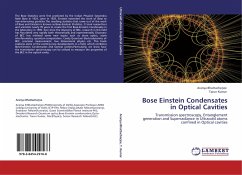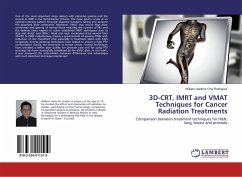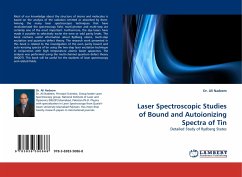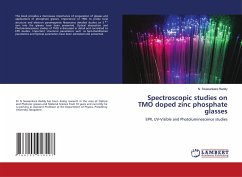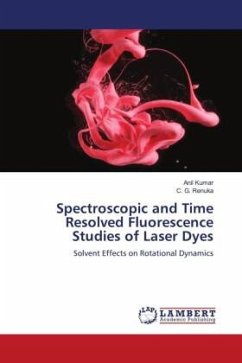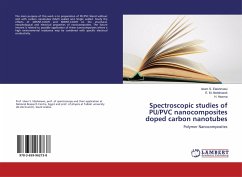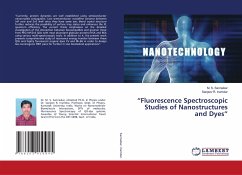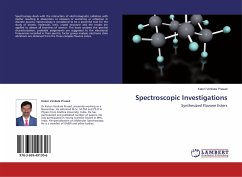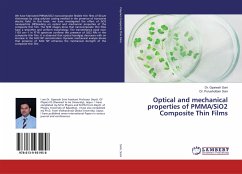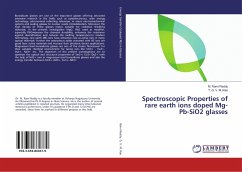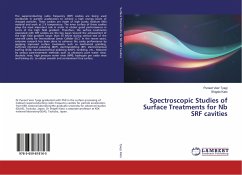
Spectroscopic Studies of Surface Treatments for Nb SRF cavities
Versandkostenfrei!
Versandfertig in 6-10 Tagen
36,99 €
inkl. MwSt.

PAYBACK Punkte
18 °P sammeln!
The superconducting radio frequency (SRF) cavities are being used worldwide in particle accelerators to achieve a high energy beam of charged particles. These cavities are made of high purity niobium (Nb) material and work at 2 K temperature. The inner surface of these cavities plays the most important role in order to obtain good performances in terms of the high field gradient. Therefore, the surface treatments associated with SRF cavities are the key issues toward the achievement of the high field gradient larger than 35 MV/m during vertical test of the nine-cell cavity for International Li...
The superconducting radio frequency (SRF) cavities are being used worldwide in particle accelerators to achieve a high energy beam of charged particles. These cavities are made of high purity niobium (Nb) material and work at 2 K temperature. The inner surface of these cavities plays the most important role in order to obtain good performances in terms of the high field gradient. Therefore, the surface treatments associated with SRF cavities are the key issues toward the achievement of the high field gradient larger than 35 MV/m during vertical test of the nine-cell cavity for International Linear Collider (ILC). In the recent years, extensive research has been done to enhance the cavity performance by applying improved surface treatments such as mechanical grinding, buffered chemical polishing (BCP), electropolishing (EP), electrochemical buffing (ECB), mechanochemical polishing (MCP), tumbling, etc., followed by various post-treatment methods such as ultrasonic pure water rinse, alcoholic rinse, high pressure water rinse (HPR), hydrogen per oxide rinse and baking etc. to obtain smooth and contaminant free surface.



